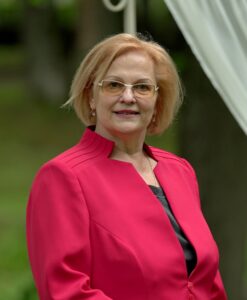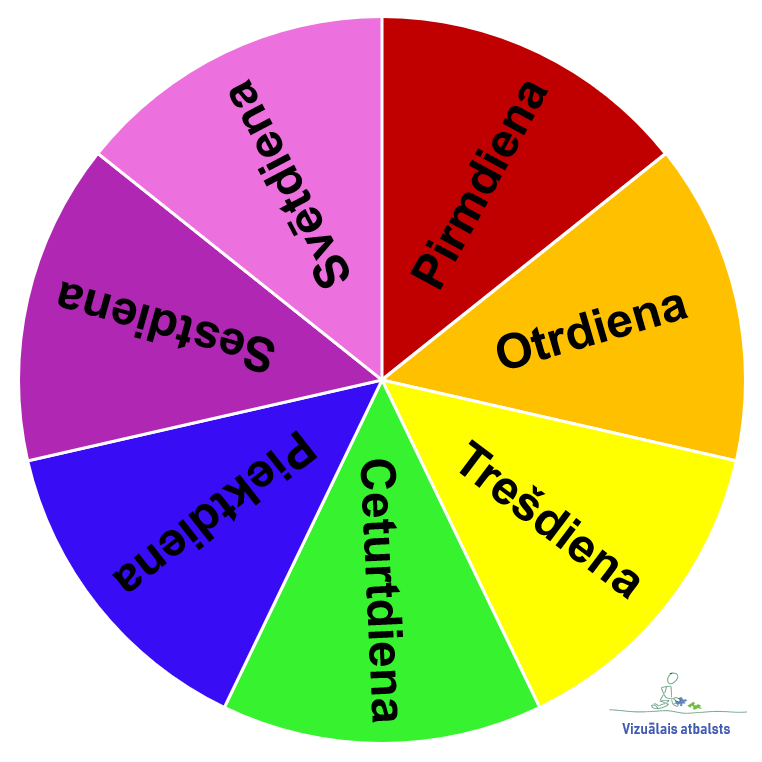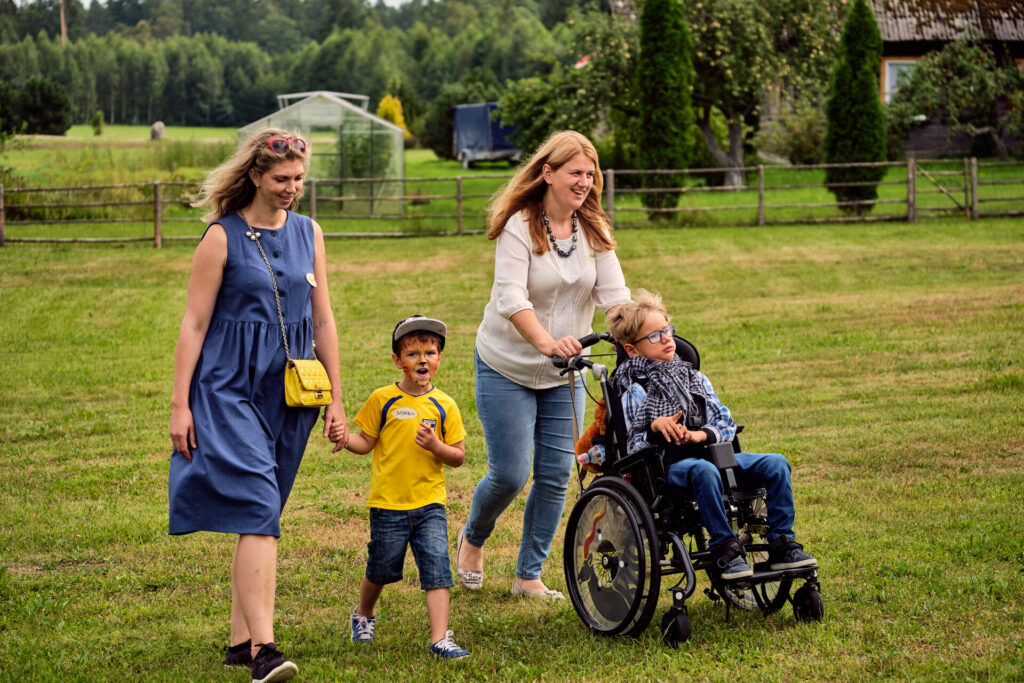

24 hour support


7 days a week


365 days a year

What is palliative care for children?
The question of palliative care for children is answered by parents:
“Palliative care is a story of how to learn to live in families with children with severe disabilities.”
In turn, we, the children’s palliative care team, can say: these families teach us not to give up, they are the ones who create the stories of Latvia’s strength!

Empower to care.
Selflessness, love, tolerance, children, family, worry, support, care – each of us understands what these words mean and how much commitment they require.
There are families where love, care and selflessness are needed twice as much. These are families with seriously ill children.
‘Empower to care’ is the mission of the Children’s Palliative Care Society, and it could be everyone’s mission in supporting these families.
Learn how to multiply strength for families!







